AeroGenie — Ваш интеллектуальный второй пилот.
В тренде
Categories
Axiom Aviation Explores Sustainable Aviation Fuels and Their Long-Term Costs and Operational Impact
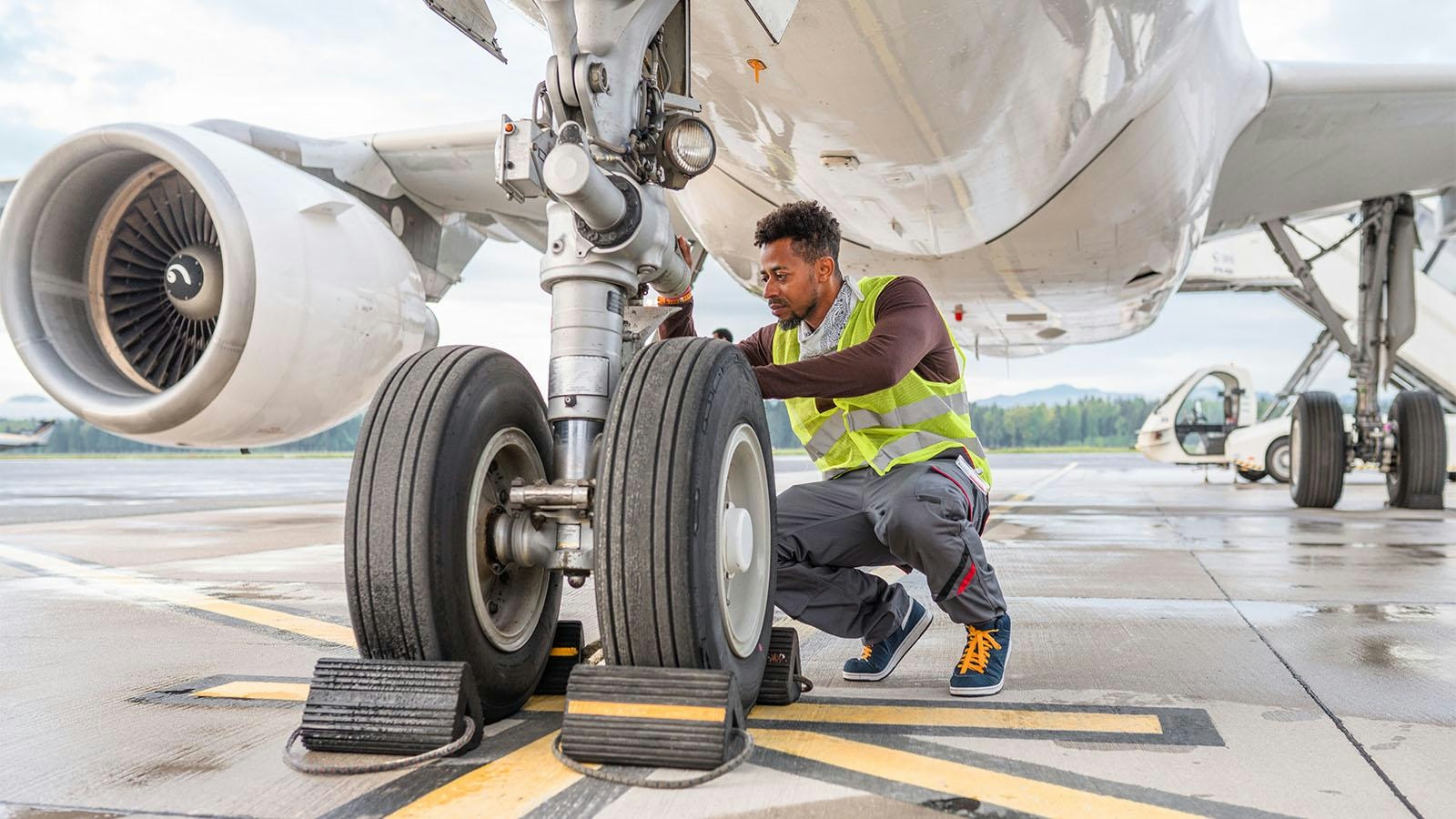
Axiom Aviation Explores Sustainable Aviation Fuels: Long-Term Costs and Operational Impact
CLEVELAND, OH, Nov. 19, 2025 — The aviation sector is rapidly advancing its transition from conventional jet fuels to sustainable alternatives, with Axiom Aviation playing a leading role in this shift. As private aviation endeavors to reconcile luxury and convenience with environmental responsibility, sustainable aviation fuels (SAF) and innovative propulsion technologies are becoming pivotal in transforming operational practices, infrastructure requirements, and long-term financial considerations.
The Emergence and Potential of Sustainable Aviation Fuels
Historically characterized by efficiency and exclusivity, private aviation now faces mounting pressure to meet global sustainability targets. Central to this transformation is the development and adoption of SAF, which are derived from renewable feedstocks such as used cooking oil and non-edible crops. These fuels offer a “drop-in” solution, compatible with existing aircraft engines and airport infrastructure, enabling operators to blend SAF with traditional jet fuel. This blending can reduce net carbon dioxide emissions by up to 80% over the fuel’s lifecycle compared to fossil-based alternatives.
Collaboration between major manufacturers, operators, and fuel producers is expanding SAF availability. To mitigate current supply constraints, many industry players are utilizing book-and-claim systems, whereby SAF credits are purchased from producers in one location while conventional jet fuel is used elsewhere. This mechanism supports overall emissions reductions across the aviation sector despite logistical challenges.
Market Dynamics and Regional Initiatives
Despite its environmental advantages, SAF adoption faces considerable obstacles. Production remains limited, constituting less than 1% of global jet fuel consumption, and the cost of SAF is significantly higher than that of traditional fuels. North America and Europe are spearheading SAF expansion efforts, with the European Union reporting a modest 0.6% SAF usage in 2024. Substantial investment in infrastructure is necessary to ensure widespread SAF availability at private terminals worldwide.
Internationally, new projects are emerging to bolster sustainable fuel production. Tanzania has initiated a $420 million synthetic fuel venture aimed at competing with established African producers such as Nigeria’s Dangote Group. In Asia, Singapore is demonstrating strategic commitment by establishing a government-owned entity to procure SAF in anticipation of a 2026 levy, signaling integration of sustainable fuels into its aviation framework.
Responses among competitors vary. Some companies, including Creed Fuels, are expanding SAF offerings to support rural operations, while others express reservations regarding the pace and prioritization of decarbonization efforts. As production scales and government incentives—such as tax credits and blending mandates—are implemented, SAF costs are expected to decline, facilitating broader adoption across the industry.
Advancing Toward Electric and Hybrid Propulsion
Looking beyond SAF, the electrification of flight represents the next significant development in sustainable aviation. Although fully electric long-range private jets remain years from commercial viability, electric and hybrid prototypes designed for short-range travel are already undergoing test flights. Continuous improvements in battery technology are enhancing the feasibility of these aircraft, promising additional operational efficiencies and environmental benefits.
Conclusion
Axiom Aviation’s commitment to exploring sustainable aviation fuels exemplifies a wider industry trend toward environmentally responsible flight. While challenges related to cost, supply, and infrastructure persist, ongoing innovation and global initiatives are laying the groundwork for a more sustainable future in private aviation. The evolving market will increasingly be defined by the interplay between operational excellence and environmental stewardship.
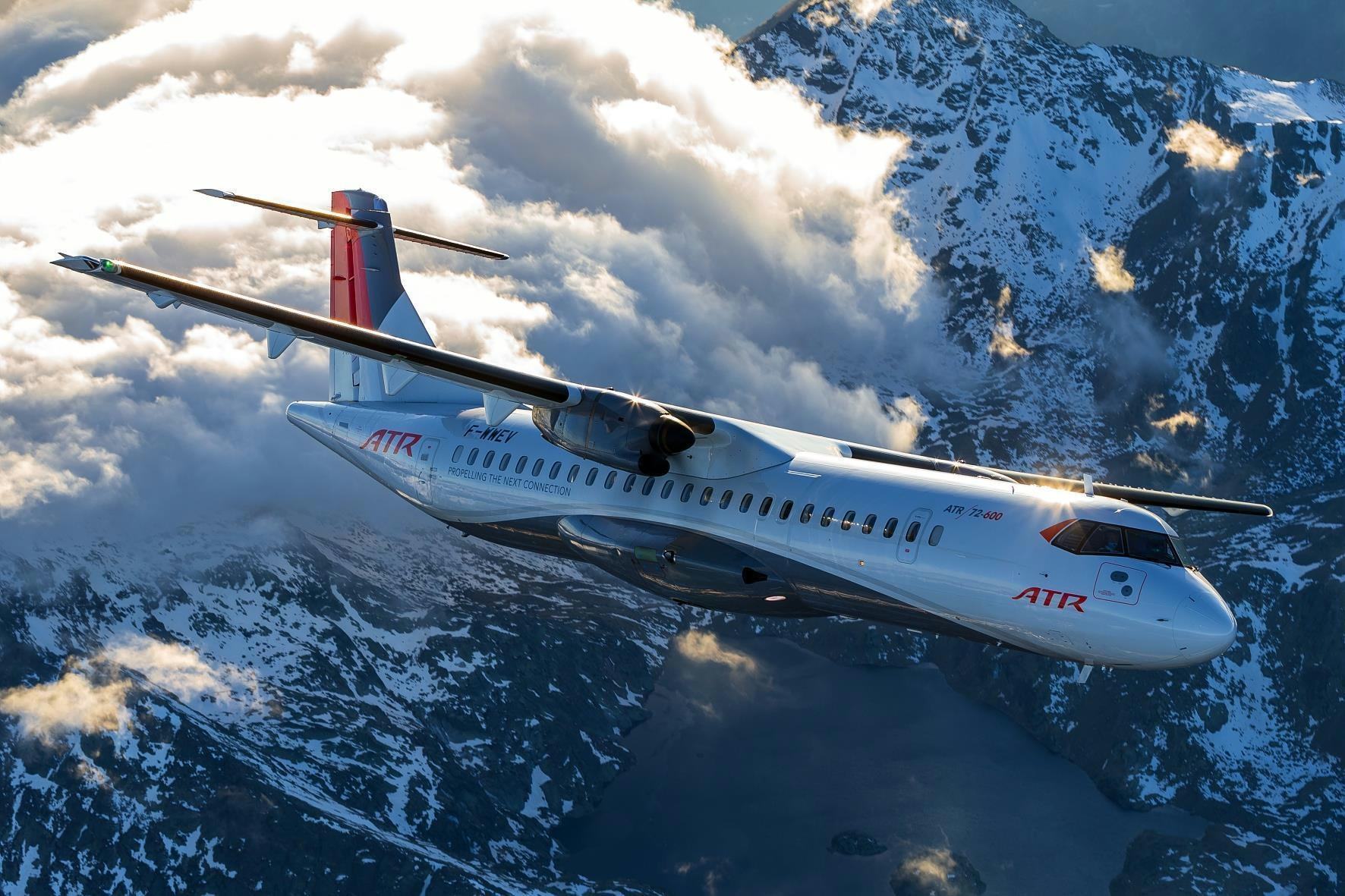
ATR Airlines Misses Targets Amid Aircraft Delivery Delays
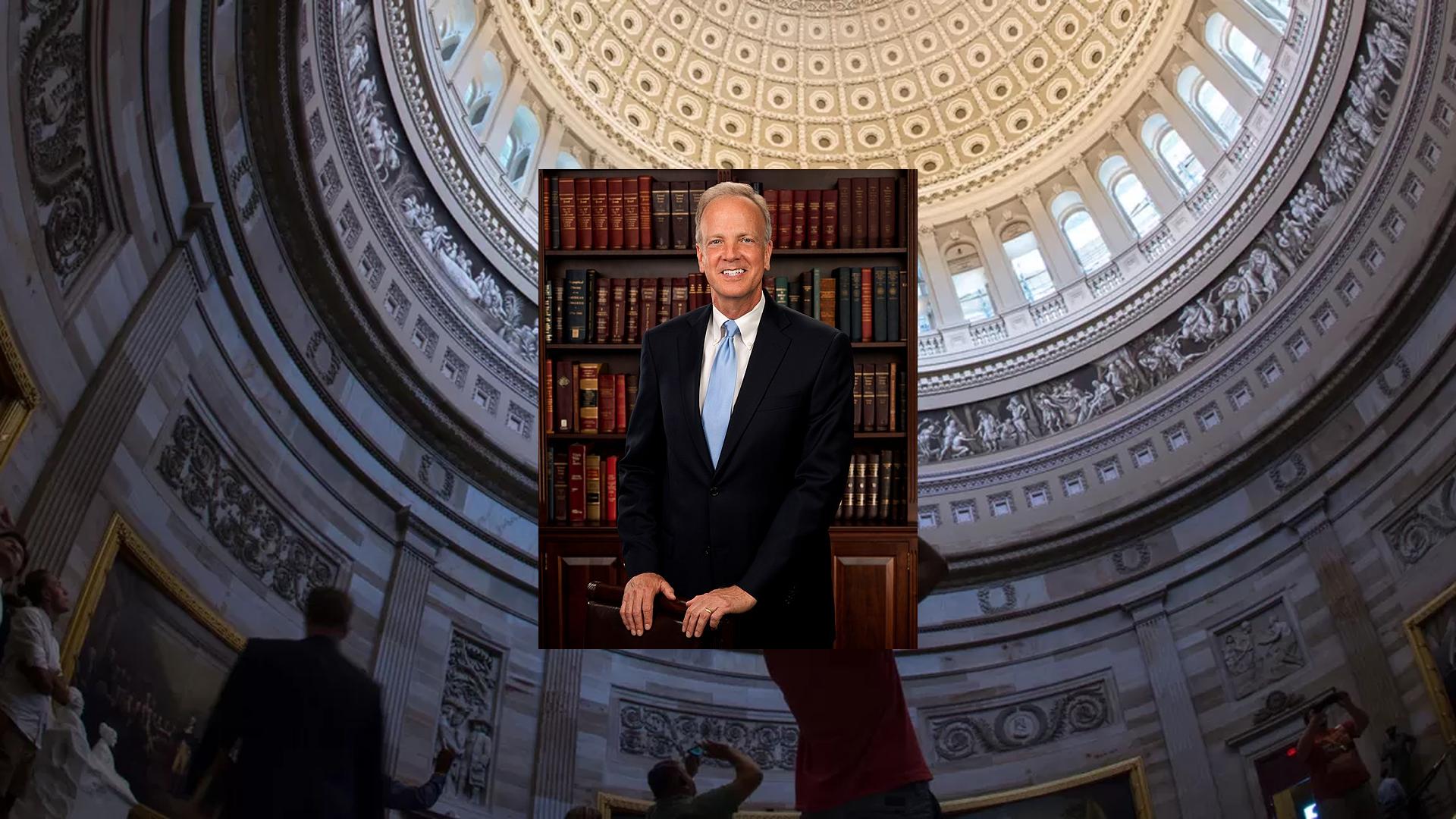
Sen. Jerry Moran Proposes Bipartisan Bill to Improve FAA Certification for Advanced Air Mobility
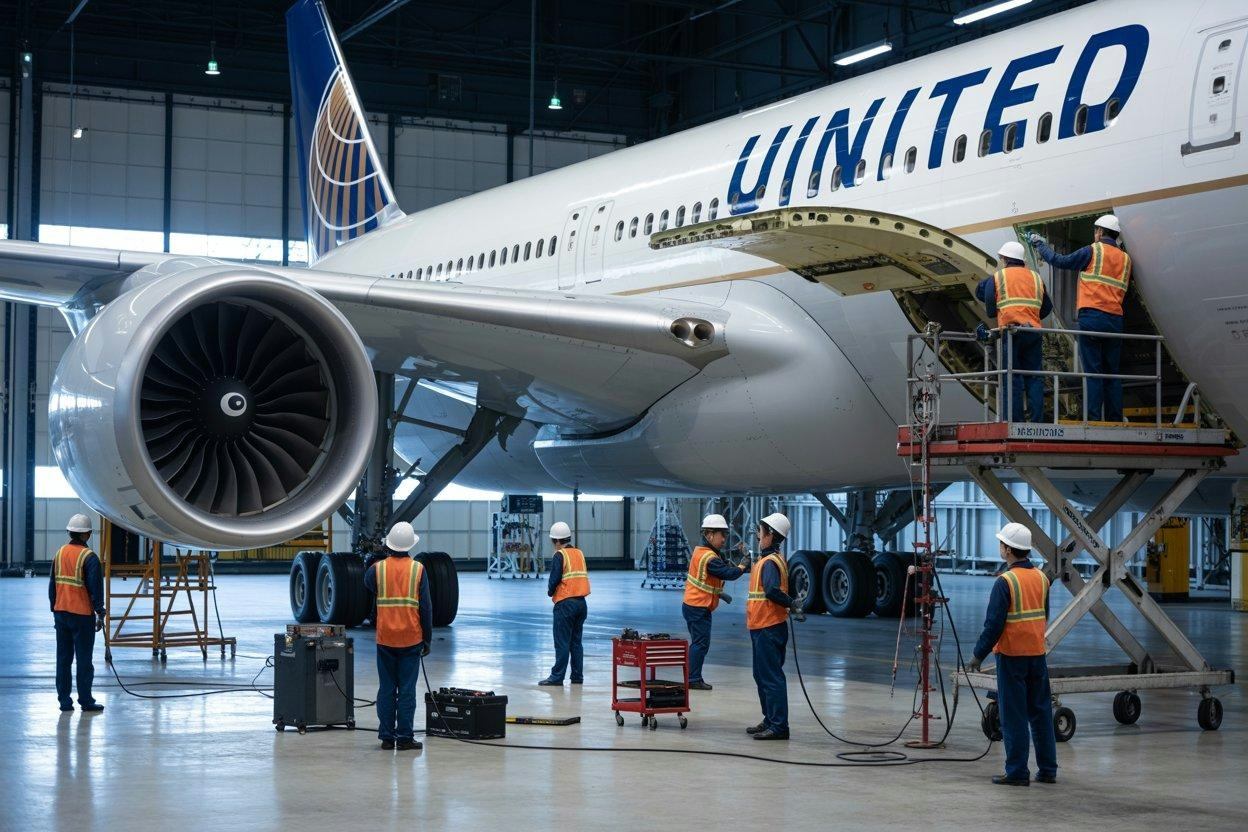
US Audit Identifies FAA Oversight Gaps at United Maintenance

The Impact of Agentic AI on Airport Operations
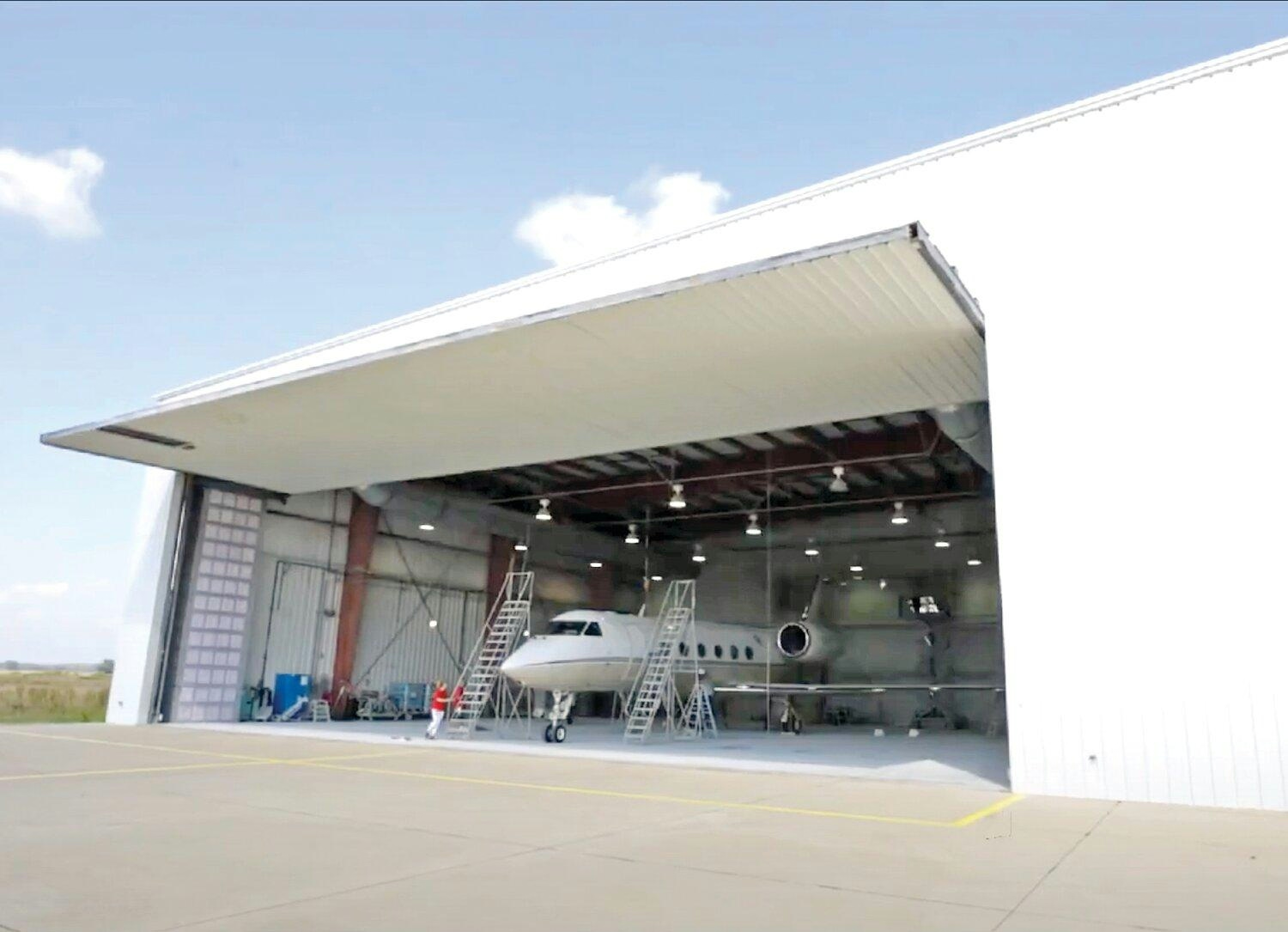
West Star Aviation Announces Expansion in Chattanooga
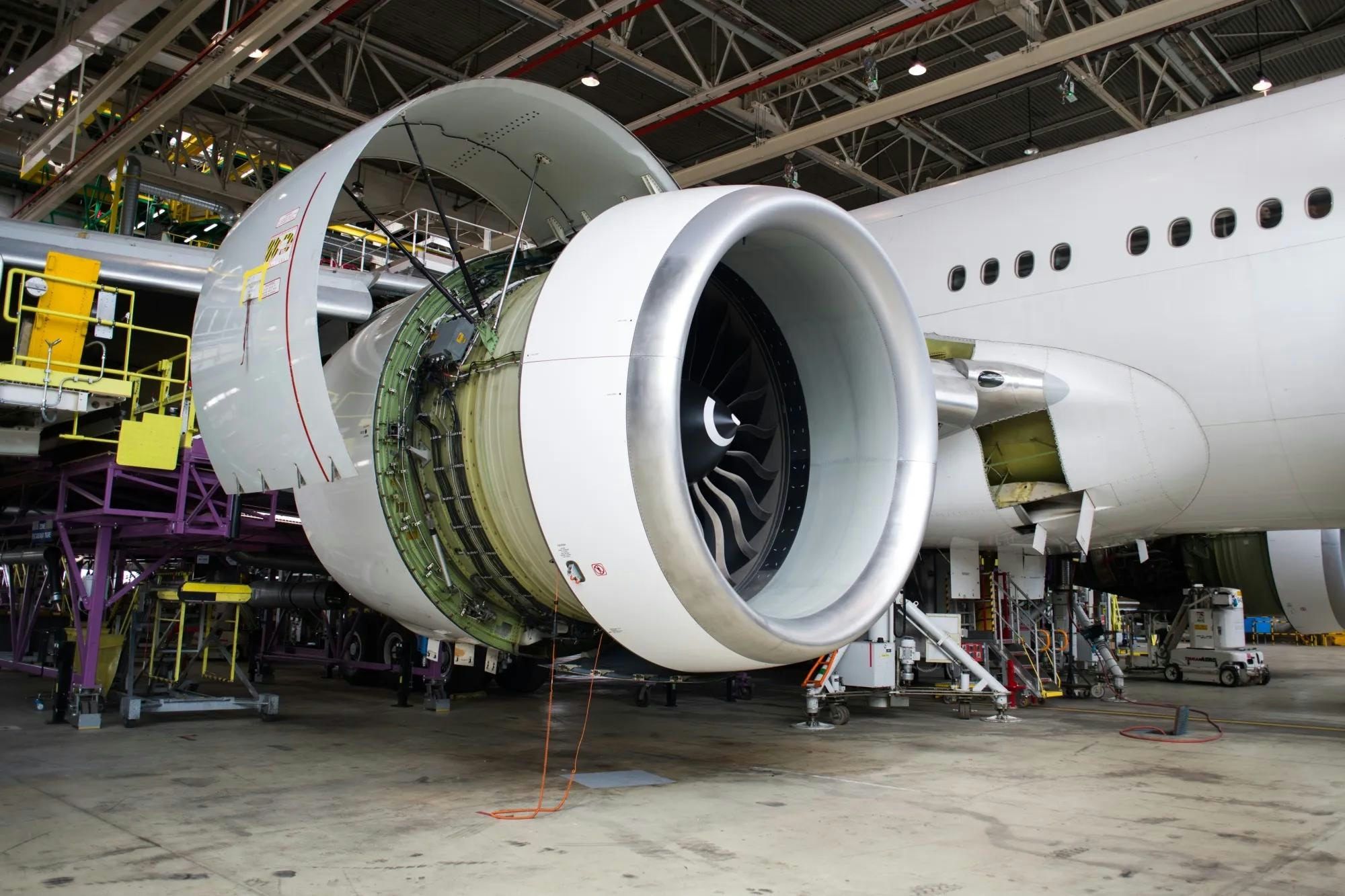
Signs Point to Easing of Aerospace M&A Backlog by 2026

Aviation Design Software Market Projected to Reach $2.8 Billion
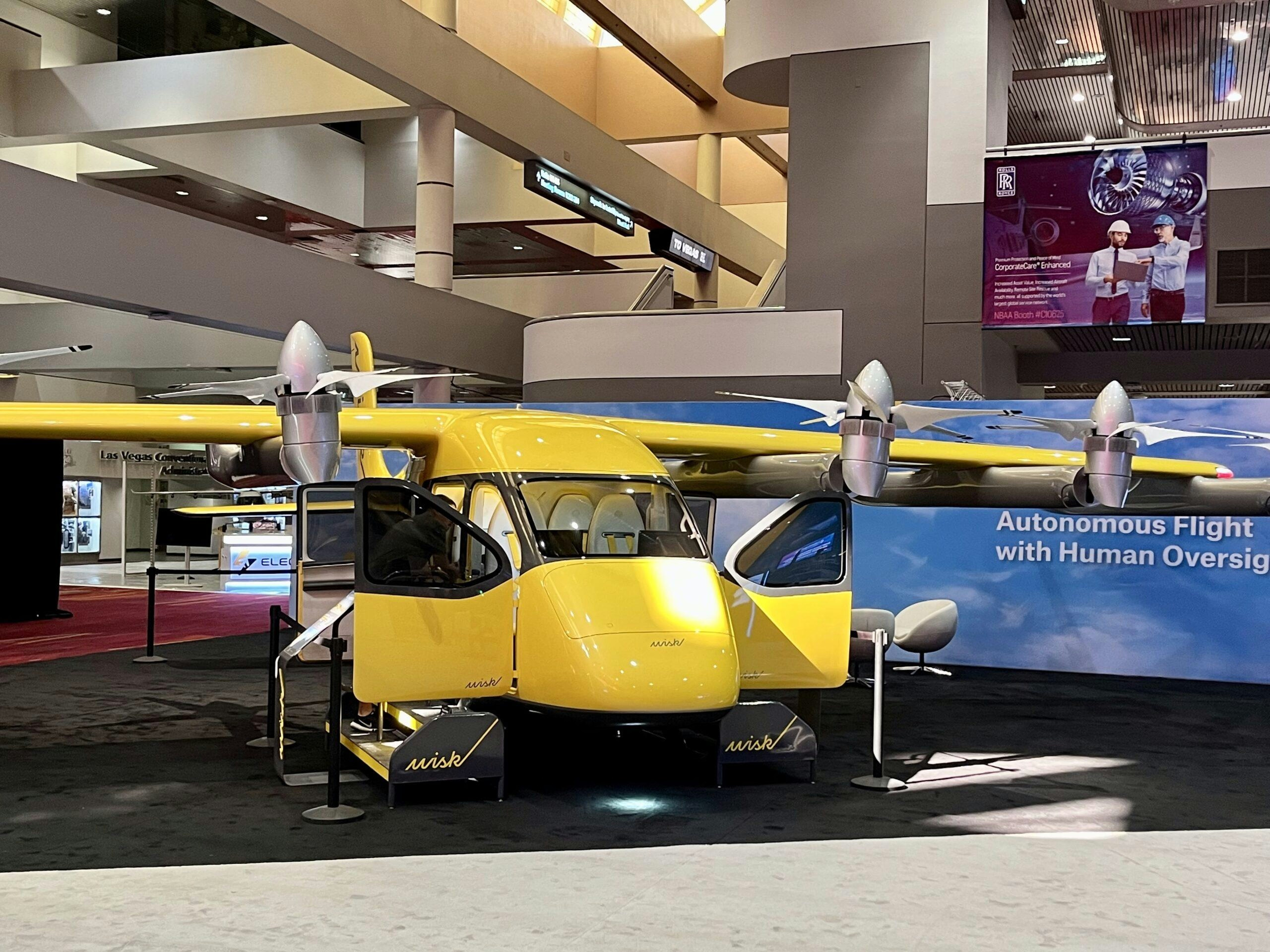
The Future of Aviation in Africa Amid Digital Transformation
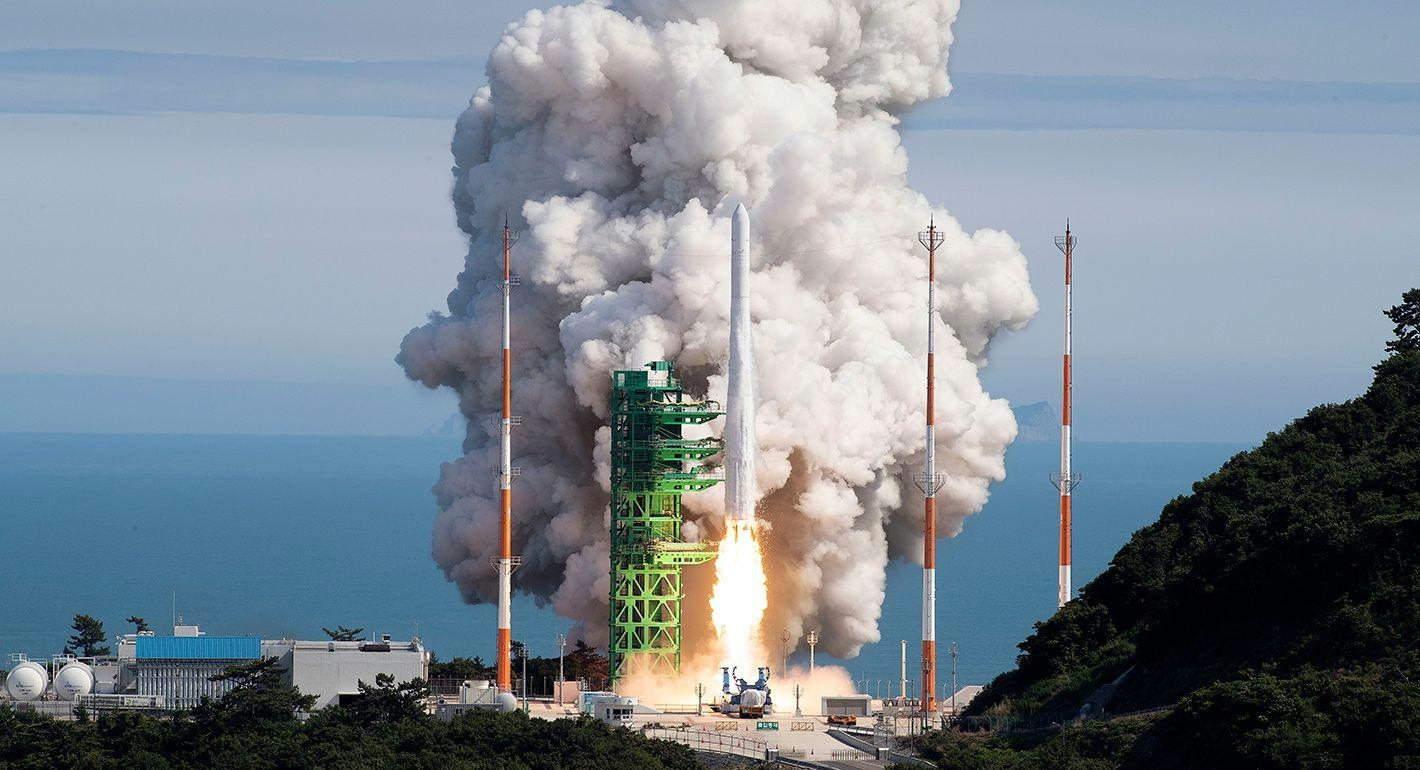
Gyeongnam Province Unveils Mid- to Long-Term Aerospace Industry Roadmap
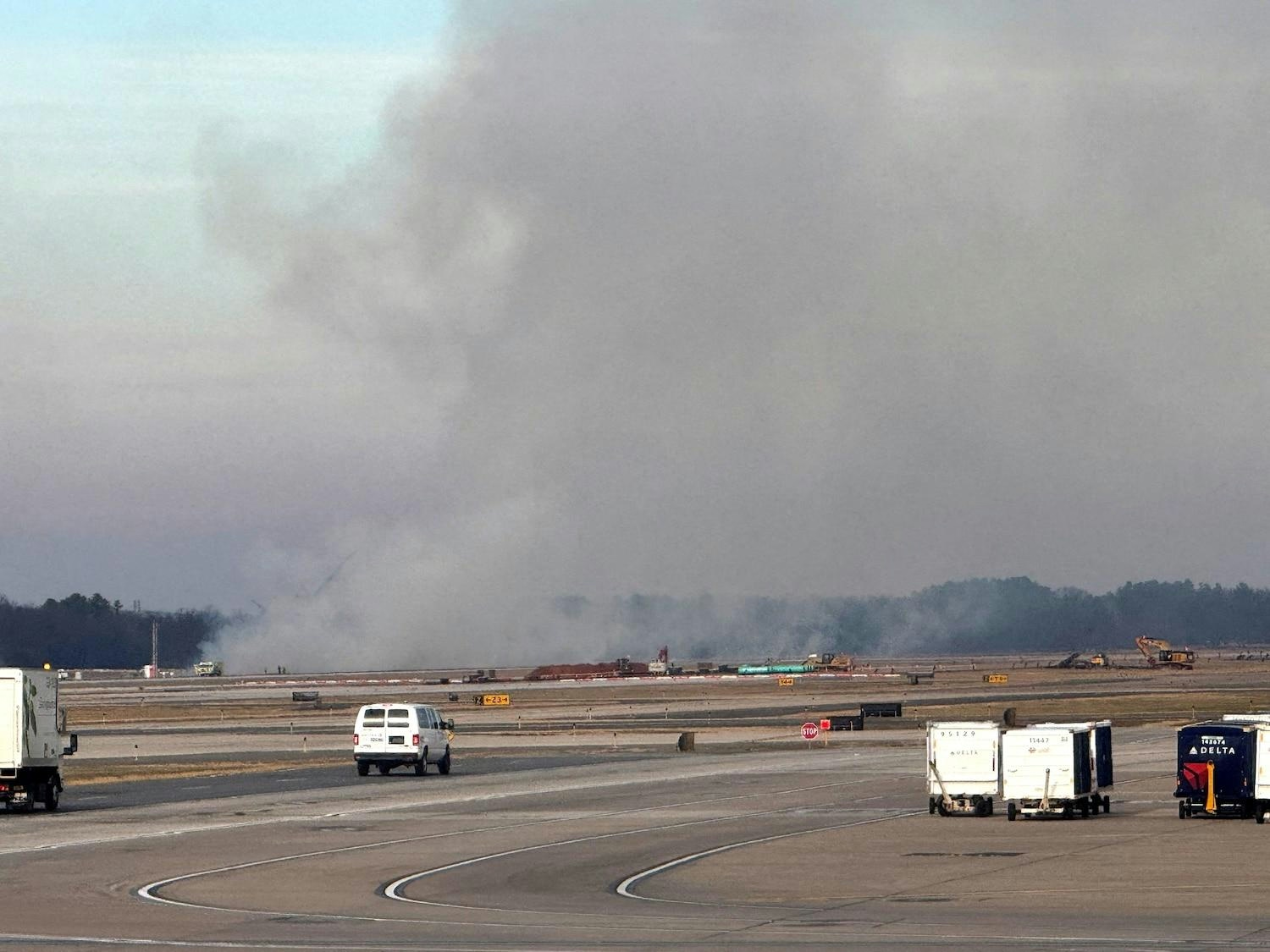
Delta Flight to Atlanta Suffers Engine Trouble, Sparks Grass Fire at Airport
